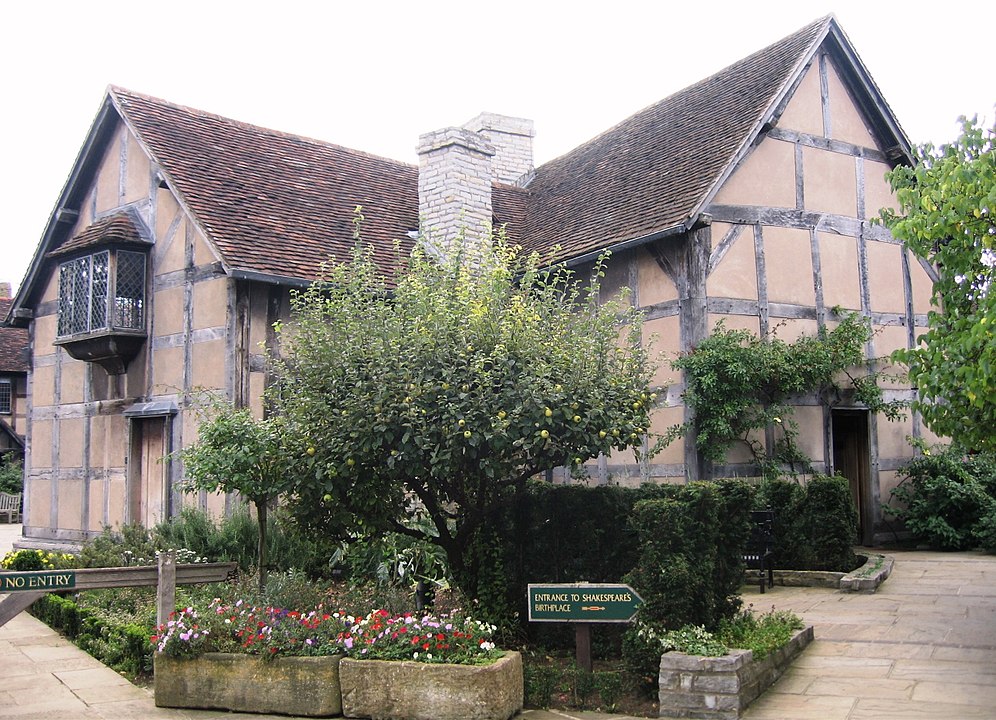
There are approximately 500,000 listed buildings in England alone, with some 92% being Grade II.
A building is listed when it is of special architectural or historic interest in a national context. Listed buildings have extra legal protection within the planning system.
Listing covers a whole building, including the interior, unless parts of it are explicitly excluded in the List entry.
It will usually cover:
- Any object or structure fixed to the building;
- Any object or structure within the curtilage of the building which, although not fixed to the building, forms part of the land and has done so since before 1st July 1948.
Consent to avoid prosecution
Section 7 of the Planning (Listed Building and Conservation Areas) Act 1990 provides that, subject to the following provisions of the Act, no person shall execute or cause to be executed any works for the demolition of a listed building or for its alteration or extension in any manner which would affect its character as a building of special architectural or historic interest, unless the works are authorised. (Section 9 of the 1990 Act provides that if a person contravenes Section 7 they shall be guilty of an offence.)
However, the 1990 Act does not give a local planning authority – or indeed the Secretary of State – a specific power or procedure by which to determine whether or not any particular works to a building would, or would not, affect its character and so do, or do not, require listed building consent.
Thus ‘any opinion offered by a local authority officer must, therefore, be just that – it will not and cannot legally bind the authority’. Nor can the authority bind itself to taking a consistent view over a period of time, since to do so would be to ‘fetter its discretion’.
The main issue
Consent is only required if the works (falling short of full demolition) would:
‘…affect its character as a building of special architectural or historic interest.’
It follows therefore that if the work would not affect its character etc. then no consent is needed in any event.
How do you decide whether or not consent is required?
What affects character is a matter, legally speaking, of fact and degree; an informed judgement based on an assessment of significance (‘special interest’) of the building as a whole and in its parts, and how that significance is expressed in the built fabric.
When dealing with value judgements, some variation in interpretation by decision-makers is inevitable and it is clear that, particularly with modern buildings, different people can judge the distinction between repair and alteration differently.
This matters little when a cautious approach is taken to decisions about what needs consent; proposals are exposed to wider scrutiny through the formal process for the determination of listed building consent. But such caution is resource hungry and time-consuming for all concerned.
Owners of listed buildings tend to use the formal listed building consent process to secure some degree of authorisation for works to their property. Indeed, many websites claim that such consent must be sought in all cases when this is not true.
Other owners seek to interpret the Act for themselves and decide alone whether the works affect character.
But a homeowner takes a risk in proceeding with works without the consent of the local authority, and potentially faces being prosecuted.
In some instances, the matter will be clear cut; but as many official reports over the years have emphasised, the interpretation of the consent regulations can be extremely tricky, and there is an argument that vagueness and difficulties with interpretation may render the Act unenforceable so far as the imposition of criminal punishments is concerned.
Sensible advice would be to apply for consent before undertaking works, but if that is not your preferred course of action do not assume that if investigated you have actually committed any offence at all.
Listed buildings consent is one of the most complex areas of regulatory criminal law. Anyone facing investigation or prosecution is urged to seek immediate legal advice before engaging with their local authority.
How can we help?
We ensure we keep up to date with any changes in legislation and case law so that we are always best placed to advise you properly. If you would like to discuss any aspect of your case, please contact our expert team here at Broadbents Solicitors.
We cover various fields of law, ensuring that you have access to expert legal advice. You can call our dedicated team today: Alfreton 01773 832 511, Derby 01332 369 090, Heanor 01773 769 891, or Sutton-in-Ashfield 01623 441 123. Alternatively, you can head over to our online enquiry form and we’ll be in touch.
[Image credit: By Michelle Walz Eriksson – originally posted to Flickr as Shakespeare's Birthplace, CC BY 2.0, https://commons.wikimedia.org/w/index.php?curid=3925175]






